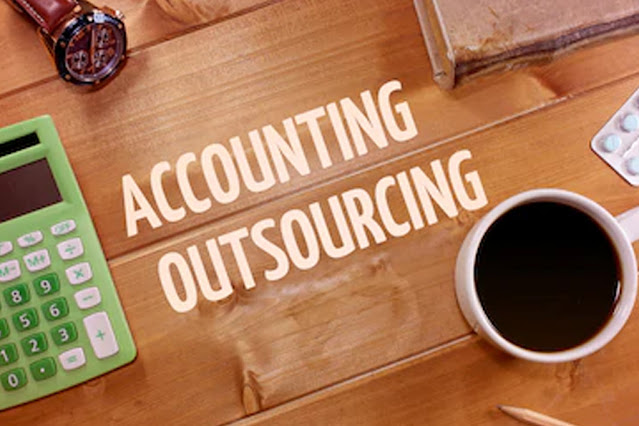You already know how important it is to keep track of the numbers as a business owner and Amazon seller. If, for example, you let your stock get too low or price your products too high, you'll lose out on sales.
Bookkeeping is the best way to keep track of the most important numbers for the financial health of your business. How much did you pay for your new stock? How much did your customers pay you? How much do you have to pay Amazon? Bookkeeping can help you answer some of the most important questions you have about your business.
Accounting and bookkeeping help you keep track of, organize, and figure out what's going on in your business. There are many ways to keep track of this information, but writing it down in a spreadsheet won't work for long. Instead, you need a standard way to keep track of all your business's financial transactions so you can see how your business is doing over time.
Good bookkeeping is important for many reasons, but here are a few:
You have to figure out your net profit. To figure out your net profit, add up all the money you made from sales and subtract the money you spent on things like shipping, storage, and buying fees. If your books are up to date, you will always have this number on hand.
At tax time, you'll need it. You can't file your taxes if you don't know how much money you've made, how much money you've spent, and how much money you've made in total.
You can keep an eye on how well your business is doing financially. How much did you earn this month? What did you spend money on last month? How much are your shipping costs? Is your company doing well? The best way to find out is to keep records.
You can look for tax breaks. Do you want to pay less tax? Look for deductions. Tax deductions are costs you've paid for your business over the course of the year that you can take off your tax bill. There are a lot of tax breaks for people who do business online, but you can't use them if you don't keep track of your expenses.
You can get a loan. If you want to borrow money, you will have to show that you are not a bad risk. When you keep good books, you can make financial statements that show investors that their money is in good hands.
You can avoid expensive mistakes. If you don't keep your books up to date, you'll never know how much money you've lost by accident. Keeping your books up-to-date can help you avoid mistakes that cost a lot of money.
Take it from Trevin Peterson, a seven-figure Amazon seller who said he overpaid $30,000 in taxes because his finances were scattered and his bookkeeping wasn't up to date:
I could have saved tens of thousands of dollars if I had just done it right from the start.
Nobody cares more than you and the IRS about how much money is coming into and going out of your business. Bookkeeping is an easy way to keep track of your money in a way that is good for both you and your bank.





